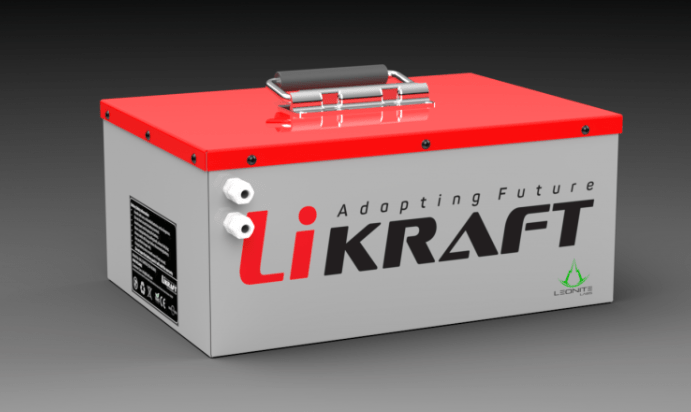7 Reasons Why Lithium Batteries Are Key To a Sustainable Future
The behavior of the masses has changed towards environment-friendly and sustainable products. The rise in demand for sustainable products compelled major automobile brands to make the required adjustments for the rising demand. Two wheeler lithium battery is a sustainable product that has made a significant place in the market.
The high demand for lithium batteries for electric bikes is due to their higher efficiency and reliability. Moreover, lithium-ion batteries for electric two-wheelers are an environmentally friendly product and do not emit fumes that may cause adverse effects on the environment. There is the contribution of the intrinsic qualities of lithium-ion batteries for causing a paradigm shift through its rising demands. Through the following passages, we will go through the various factors that have made the lithium-ion battery a reliable product for a sustainable future.
What Makes Lithium-Ion Batteries a Sensible Choice?
-
Availability
Lithium-ion batteries are now widely available, and vehicles with lithium-ion batteries can be repowered by buying a new one when required. It provides customers with the ease they need to purchase a product. The wide availability also means one can get the required care and repairs for dysfunctional batteries in their shelf life. The higher availability of the battery makes it a cost-efficient option than the other products, as the supply for the same is higher than the existing demand. A used battery can also be recycled and provided to customers, making it an environment-friendly product.
-
Durability
Lithium-ion batteries are more durable and can withstand temperature variations due to climatic changes. Using lithium-ion-powered two-wheelers in hot and humid climates does not cause any additional trouble, making it a more sensible choice for consumers. Lithium-ion batteries do not face issues due to leaks and remain functional for a longer duration. A person who takes appropriate maintenance measures can have the battery operating at its optimal capacity for its shelf life. The product’s durability reduces the need for replacement and ultimately causes fewer environmental effects. Thus, it contributes to a lesser adverse effect on the environment due to its recyclability and durability.
-
Scalability
The lithium-ion batteries offer operability for large-scale operations, making them a better product for customers. It is considered a viable product for decarbonizing the power grid. The large-scale operability of the battery reduces the cost consumption by removing the requirement of additional products for specific power regulation. Once these complete their shelf-life, they can be recycled and reused. Thus, these lay less waste than other batteries available in the market, making them a sustainable product.
-
Energy Density
Lithium-ion batteries hold higher energy density, enabling the bearer to drive the two-wheeler seamlessly without being dependent on fossil fuels. It provides an aid against greenhouse emissions and contributes to the improvement of the air quality index. The higher energy density of lithium-ion batteries provides a higher cycle life, which nullifies any requirement to rely on other sources for power generation. Lithium-ion batteries can use renewable sources of energy to get recharged. However, using renewable sources for recharging automobile batteries is not practiced on a large scale. Renewable sources for recharging are more practiced in batteries used for power backup in homes or any designated area.
-
Rechargeability
The rechargeability of lithium-ion batteries is another significant feature that enables them to contribute to a sustainable future. Lithium-ion batteries get recharged for repowering the automobile faster than other batteries. It reduces the power consumption and provides the same output to the user. The intrinsic qualities of a lithium-ion battery make the energy system more reliable, sustainable, and resilient.
-
Higher Shelf Life
Lithium-ion batteries have a higher shelf life, which reduces the requirement for battery replacement to a higher degree. With the same, the waste disposal that occurs in manufacturing the batteries reduces and contributes to the reduction of air pollution, water pollution, land pollution, etc. A lithium-ion battery helps in creating a more reliable and sustainable transportation system. The higher shelf life also allows users to travel without additional stress during their transit by reducing the chances of going for any emergency refueling of the two-wheeler. With lithium-ion batteries, there are less chances of power failures. Hence reducing the risk of accidents or any other discomfort to the user.
-
Efficiency
Lithium-ion batteries’ battery management system provides higher efficiency by preventing overcharging or frequent discharging. Its ability to operate in several weather conditions also allows it to function seamlessly to its optimal capacity.
Concluding Remarks
Lithium-ion batteries are a sensible choice for electric two-wheelers and bikes. Lithium-ion batteries, a better alternative, have become the primary preference of the masses. Distinct features of lithium-ion batteries enable it to deliver a sustainable future. Likraft provides the best quality lithium-ion batteries to its customer base.


